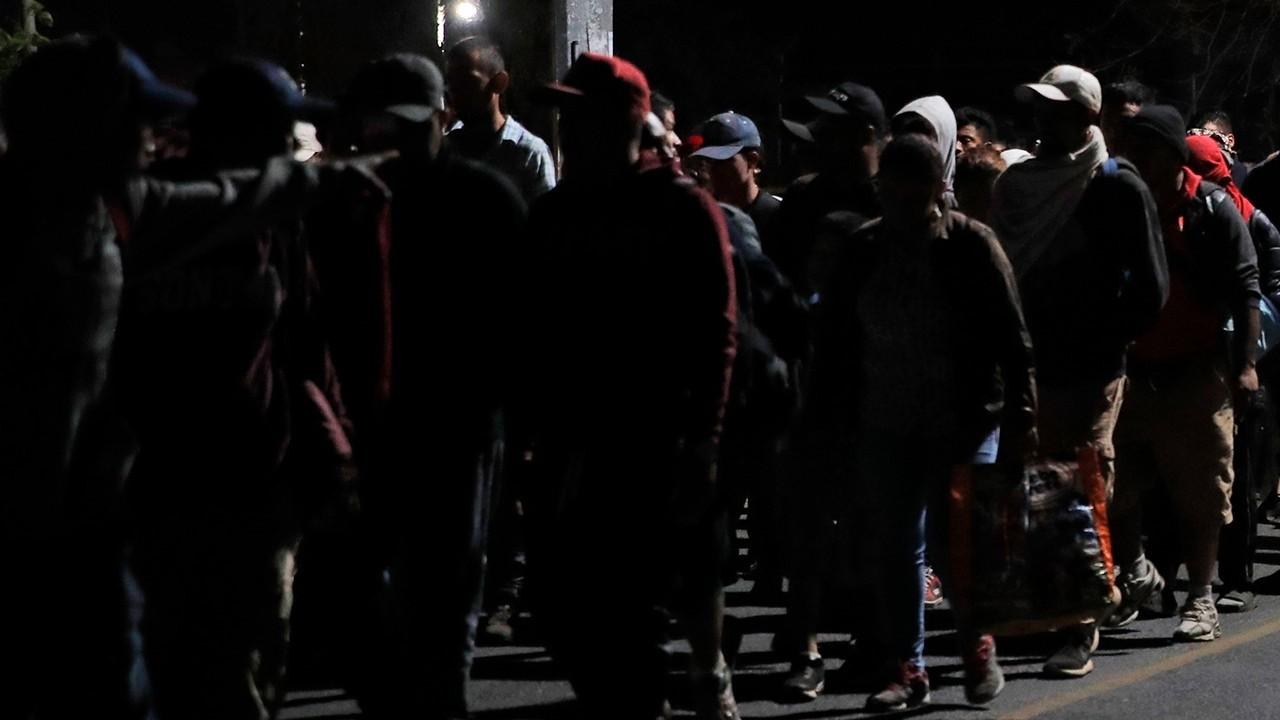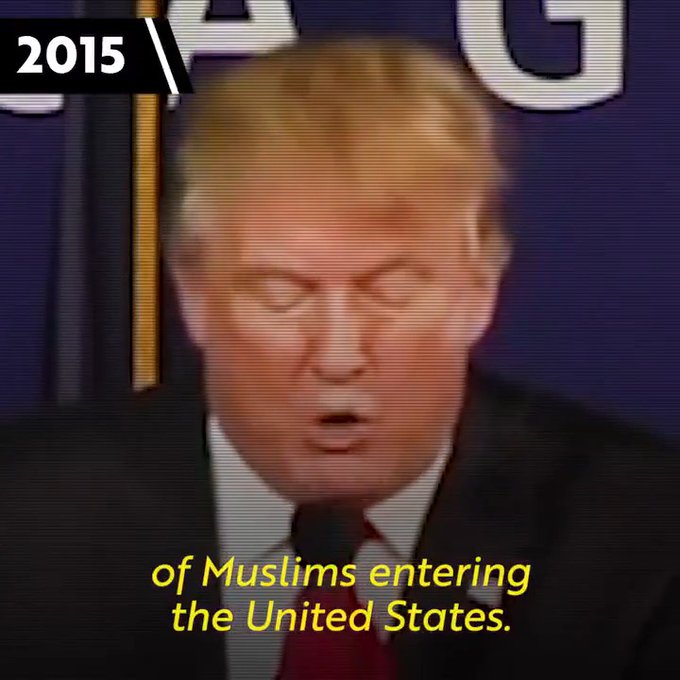House Speaker Nancy Pelosi was one of a number of top Democrats to rip into President Trump’s decision to expand the travel ban to include six more countries on Friday -- with Pelosi describing it as “discrimination disguised as policy.”
“The Trump administration’s expansion of its outrageous, un-American travel ban threatens our security, our values and the rule of law," she said in a statement. "The sweeping rule, barring more than 350 million individuals from predominantly African nations from traveling to the United States, is discrimination disguised as policy."
The Trump administration is expanding restrictions to include Burma, Eritrea, Kyrgyzstan, Nigeria, Tanzania and Sudan. Those are added to the current seven countries already included in the ban: Iran, Libya, North Korea, Somalia, Syria, Venezuela and Yemen.
The initial ban was branded by critics as a “Muslim ban,” noting that President Trump had promised such a ban during his campaign and that the initial countries (which did not include North Korea and Venezuela, but did include Chad) were Muslim-majority countries.
But after multiple court challenges, the Supreme Court upheld its constitutionality in 2018.
For Burma, Eritrea, Kyrgyzstan and Nigeria, the restrictions will apply to immigrant visas -- for those seeking to live or work in the U.S. permanently. For Sudan and Tanzania, the restrictions are being placed on diversity visas -- that come from the controversial diversity lottery program that grants visas to prospective immigrants randomly each year.
The initial seven countries have restrictions on both immigrant and non-immigrant visas, but Acting Department of Homeland Security (DHS) Secretary Chad Wolf told reporters that the six countries announced Friday are very different from the current seven, which is why the restrictions are lighter.
“These countries, for the most part, want to be helpful, want to do the right thing, have relationships with the U.S. and are in some cases improving relations, but for a variety of different reasons failed to meet those minimum requirements that we laid out,” he said.
Criteria considered when judging countries included to what extent the countries share information on passports and prospective bad actors, as well as whether or not the country poses an elevated national security risk in relation to crime, terrorism and illegal immigration.
But the more nuanced approach did not appear to soften Democratic complaints about the move.
“With this latest callous decision, the President has doubled down on his cruelty and further undermined our global leadership, our Constitution and our proud heritage as a nation of immigrants,” Pelosi said.
Pelosi pledged that Democrats will oppose the ban in the courts and in Congress. She said that the House Judiciary Committee will mark up and send the “NO BAN Act” to the House floor. That legislation prohibits religious discrimination in immigration-related decisions. It also imposes restrictions on the president’s authority to restrict immigration -- forcing the administration to provide evidence of such a need to Congress for that restriction.
Some 2020 candidates also weighed in on the ban's expansion. Sen. Elizabeth Warren called it a “racist, xenophobic” ban, and called on Congress to pass the NO BAN Act while also pledging to reverse what she called the “Muslim ban” on the first day of her presidency, if elected.
Sen. Bernie Sanders, I-Vt., meanwhile, called it a “racist travel policy that dehumanizes immigrants and their families for [Trump’s] own political purposes."
Former Vice President Joe Biden said Trump was "adding more countries to his list of who's not welcome in America" and promised to end the ban if elected.
The expanded travel restrictions are one of a number of ways the administration is trying to enhance efforts to better vet potential immigrants. The administration announced Thursday that the public charge rule -- which restricts green cards to immigrants deemed likely to rely on welfare -- will go into effect in February after the Supreme Court allowed it. That rule too has seen significant Democratic opposition.







No comments: